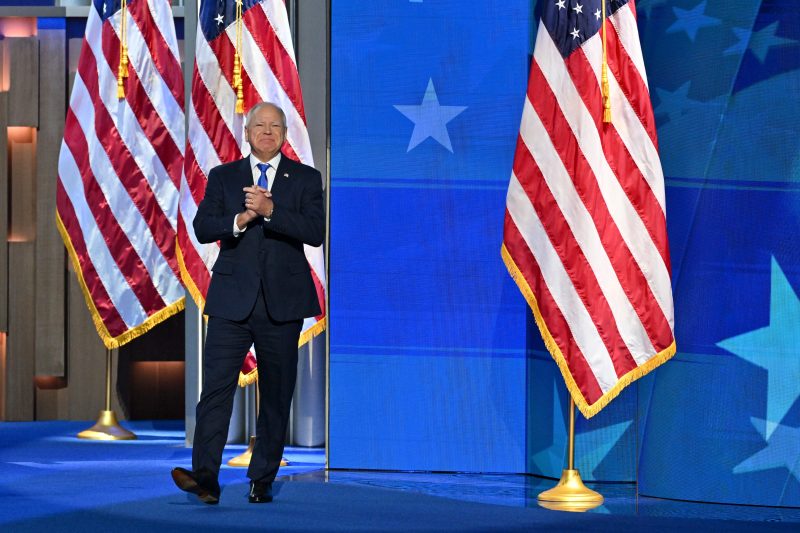In recent years, as China’s power and influence on the global stage have continued to rise, political candidates across the world have increasingly used the nation as an attack line in their campaigns. This tactic reflects the growing significance of China in international affairs and the broader geopolitical considerations at play. By leveraging China as a focal point in their messaging, candidates aim to tap into public concerns and shape perceptions about their own policies and leadership capabilities.
One key aspect driving the use of China as an attack line is the perceived threat that the country’s economic expansion poses to the existing global order. With China’s rapid growth and technological advancements, many political candidates highlight the challenges posed by this emerging superpower. By framing China as a competitor, or even a threat, to traditional economic powers like the United States and European nations, candidates seek to position themselves as strong defenders of national interests and security.
Moreover, the human rights record of the Chinese government has also become a prominent point of contention for many candidates seeking to differentiate themselves from their opponents. Issues such as the treatment of Uighur Muslims in Xinjiang, crackdowns on pro-democracy movements in Hong Kong, and censorship of dissent have raised concerns globally and provided fodder for political attacks. Candidates often emphasize these violations of human rights as evidence of China’s authoritarian regime and question the moral authority of their rivals who may have ties to the country.
In addition to economic and human rights concerns, the strategic implications of China’s expanding military capabilities have also become a focal point in campaign rhetoric. As China asserts its presence in the South China Sea, invests in advanced weaponry, and expands its global military footprint, candidates often use these developments to bolster their arguments for increased defense spending and a tougher stance on national security. By framing China as a potential adversary, candidates aim to capitalize on fears of geopolitical instability and rally public support for their defense policies.
Furthermore, the intertwined issues of trade and intellectual property theft have emerged as significant points of contention in campaigns that target China. Many candidates criticize their opponents for failing to address unfair trade practices or for being too lenient on China in trade negotiations. By highlighting the economic and technological threat posed by China’s alleged theft of intellectual property, candidates seek to appeal to voters who prioritize economic security and job protection.
Overall, the use of China as an attack line in political campaigns reflects the complex dynamics of the modern geopolitical landscape. As China’s power continues to grow, candidates leverage public concerns about the country’s influence to distinguish themselves from their rivals and shape their messaging on key issues such as national security, human rights, trade, and economic policy. By highlighting China as a common adversary or a looming challenge, candidates strive to position themselves as strong leaders capable of navigating the complexities of global competition and safeguarding national interests in an increasingly interconnected world.
